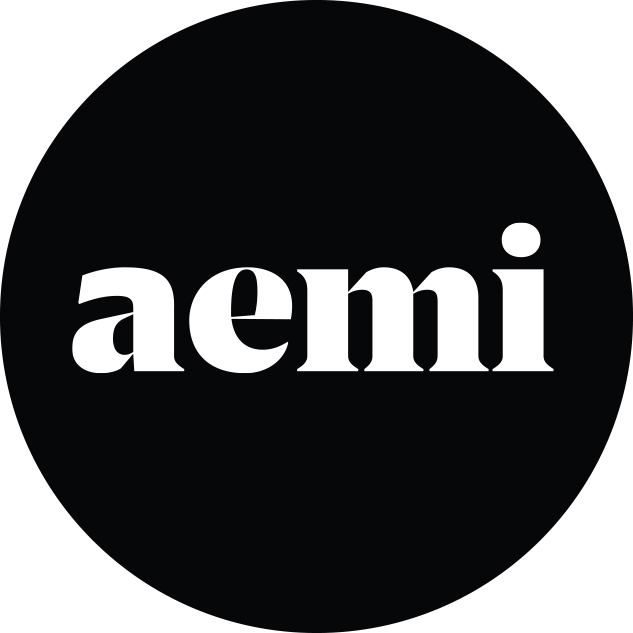Helen Cammock was born in Staffordshire, UK in 1970. She studied at the University of Brighton, and the Royal College of Art, London. An interest in histories, authorship, storytelling and the excavation of lost, unheard and buried voices lead Cammock to map her own creative processes on to social and political situations. Cammock’s work draws on material from Nina Simone, Philip Larkin, James Baldwin, The Housemartins, Walter Benjamin, Franz Fanon and others to reveal the way in which we construct our own personal collage of influences and reference points to establish a sense of self, context and history. She works across moving image, photography, writing, poetry, spoken word, song, performance, printmaking and installation.
Cammock was shortlisted for the 2019 Turner Prize and was awarded the prize along with the other three nominees. Recent screenings include the Serpentine Cinema Series and Tate Artists Moving Image Screening Programme. Cammock has exhibited at Cubitt, London; Galerie Futura Alpha Nova, Berlin; The Tetley, Leeds; Open Source Contemporary Arts Festival; Hollybush Gardens, London; 198 Contemporary Arts and Learning, London; and Void, Derry, Northern Ireland. Her written work has been published in several journals and magazines. Cammock is currently working on a project with Serpentine Galleries; Novel, Reading International and a new commission with Film and Video Umbrella, Touchstones Gallery and The Photographers Gallery. In 2018 Cammock was awarded the Max Mara Prize for Women which includes a forthcoming exhibition at Whitechapel Gallery, London and Maramotti Collection, Italy.
Onyeka Igwe is an artist and researcher working between cinema and installation. She was born and is based in London, UK. In her non-fiction video work, Onyeka uses dance, voice, archive and text to expose a multiplicity of narratives. The work explores the physical body and geographical place as sites of cultural and political meaning.Onyeka’s video works have been screened at Artists’ Film Club: Black Radical Imagination, ICA, London, 2017; Dhaka Art Summit, Bangladesh, 2020, and at film festivals internationally including the London Film Festival, 2015; Rotterdam International, Netherlands, 2018, 2019 and 2020; Edinburgh Artist Moving Image, 2016; Images Festival, Canada, 2019, and the Smithsonian African American film festival, USA, 2018.
Solo projects include Corrections, with Aliya Pabani, Trinity Square Video, Toronto, Canada, 2018, and There Were Two Brothers, Jerwood Arts London, 2019.Recent group projects include [POST] Colonial Bodies 2, CC Matienzo, Buenos Aires, Argentina, 2019, there’s something in the conversation that is more interesting than the finality of (a title), The Showroom, London, UK, 2018; World Cup!, articule, Montreal, Canada, 2018; Arguments, Cordova, Vienna, Austria, 2017; and Multiplex, Nuit Blanche, Toronto, Canada, 2016. She was awarded 2020 Arts Foundation Futures Award for Experimental Short Film and was the recipient of the Berwick New Cinema Award in 2019. Onyeka’s work is distributed by LUX. See more details here.
Frank Sweeney is a filmmaker with a research based arts practice, he uses found material to approach contemporary questions of collective memory, experience and identity. Recent films include All I believe happened there was vision (2020), created during a research partnership with the National Folklore Collection UCD and supported by St.Patrick’s Festival. The film launched on ‘aemi online’ (aemi.ie 22 July – 1 September) accompanied by a responsive text from Rebecca O’Dwyer. In 2018, Frank collaborated with artist Eva Richardson McCrea and the Dublin Dockworkers Preservation Society to create the film Made Ground, funded by the Artist in the Community scheme. This film explores the effects of changing architecture & labour forms in Dublin’s Docklands and was exhibited at Green on Red Gallery (2019), SoftSpot Manchester (2020) and Agitation Co-op, Temple Bar Gallery + Studios (forthcoming December 2020).
Alice Butler is co-director of aemi with Daniel Fitzpatrick. She is a Dublin-based film programmer, curator, lecturer and writer. Alice worked at the Irish Film Institute for six years where she curated several film seasons and had responsibility for artist moving image programming. Solo curatorial ventures have included ‘The L-Shape’ at The Dock, ‘As We May Think’ at IFI and ‘New Spaces’ with VAI Northern Ireland. Alice has written on the moving image for Sight and Sound, Vdrome, Paper Visual Art and Enclave Review and she has lectured or participated in panels on the moving image at Trinity College Dublin, Dublin City Gallery The Hugh Lane, IMMA and PLASTIK Festival of Artists’ Moving Image.
Daniel Fitzpatrick is co-director of aemi. Daniel served as co-director of PLASTIK Festival of Artists’ Moving Image in 2015 and 2017. He has worked as a lecturer, programmer, and researcher with a special interest in the field of artists’ and experimental moving image. Daniel also served as Director of Killruddery Film Festival from 2009 to 2012 and was co-director of Experimental Film Club.
About aemi
aemi is a Dublin-based initiative that supports and regularly exhibits moving image works by artists and experimental filmmakers. Since its formation in 2016 aemi’s key objective has been to provide support for artists working with the moving image in order to contribute to a developing infrastructure around these practices in Ireland. aemi is dedicated to expanding audiences for this material through regular curated programmes of Irish and international work with the intention of enriching the critical discourse that surrounds the wide range of activity in this area. See more here
